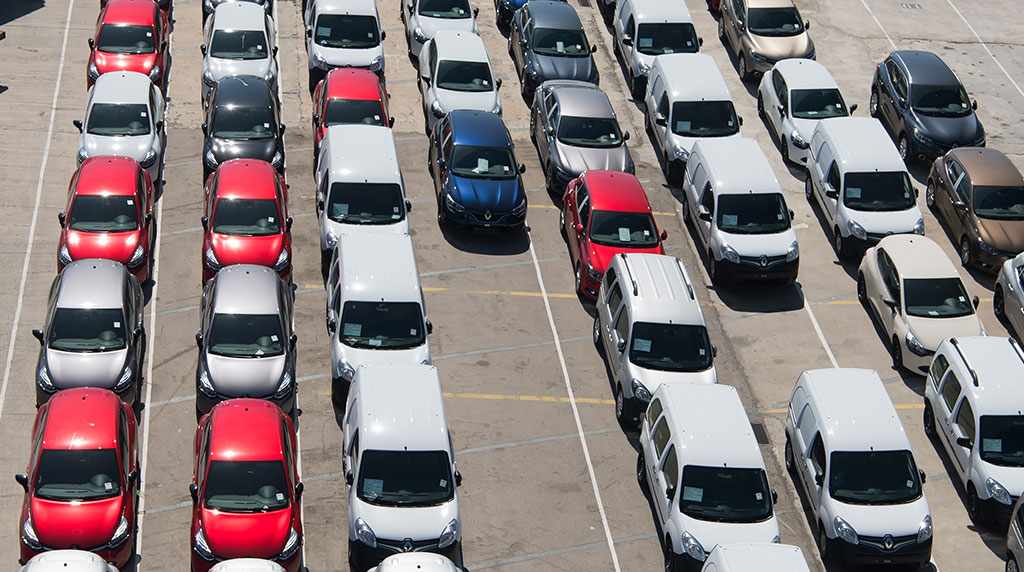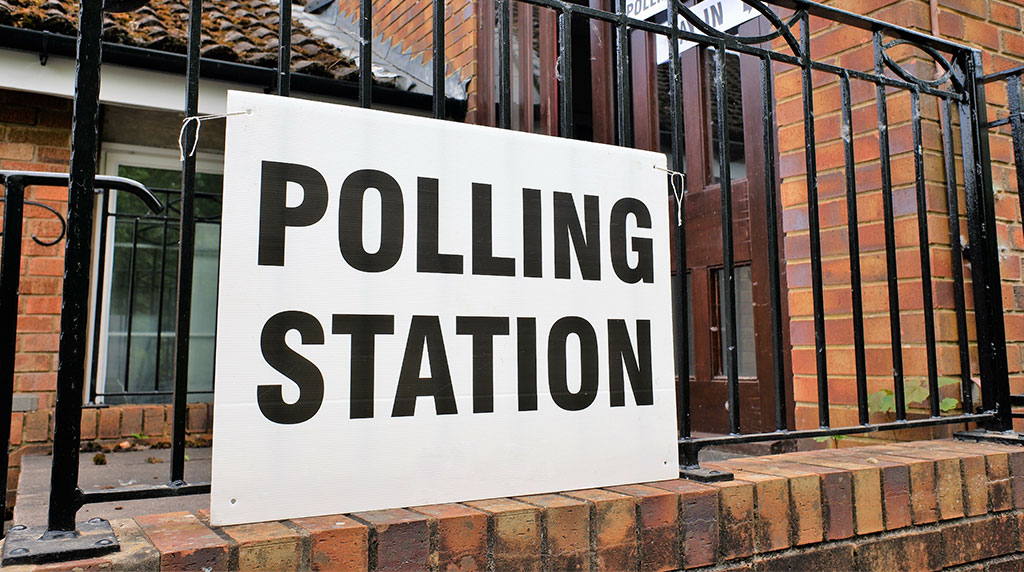THE resolve of British politicians to ban the sale of new ICE vehicles in the UK from 2030 appears to be wilting as a possible electoral backlash from motorists and their families begins to sink in.
Politically, announcing a ban on ICE sales in 10 or however many years time, contains very little down side. The government can signal its green credentials but the deadline is so far out that the impact on car buyers remains vague.
But, as the deadline gets closer, the reality of the political fallout starts to hit home and it then becomes a brave government that wants to go to the polls with a policy of enforcing the purchase of motor vehicles that people may not want, may not be able afford or may not be fit for their requirements. Recent surveys from Cox Automotive (Cox: EV enthusiasm wanes in US) in the US and carsales.com.au (Carsales detects slowing of EV demand) in Australia show increasing caution by EV buyers.
According to media reports in the UK, and in spite of denials by secretary of state Michael Gove that the Conservatives are going soft on the deadline, the British prime minister Rishi Sunak failed to say that the ban would occur in 2030 when asked to respond to rumours circulating in Westminster that the government was concerned about climate initiatives that would unfairly hurt the public.
A spokesman for Mr Sunak when asked to give a firm commitment to the 2030 deadline said that the UK was moving toward net-zero “but in a pragmatic way”.
The spokesman said that Mr Sunak did not want to unnecessarily give Britons “more hassles and costs in their lives” and that he was “not prepared and interested” in doing that.
“What we want to do is ensure that this approach is proportionate and pragmatic and doesn’t unfairly impact the public,” the spokesman said.
Mr Sunak said he was standing up for the British people “because I am cognisant that we are living through a time where inflation is high. That’s having an impact on household and family bills. I don’t want to add to that. I want to make it easier.”
The issue has reared its head in the wake of recent by-elections in which plans for limiting access to some areas of London to low emissions vehicles are thought to have impacted negatively on the results of the polls.
Following the by-elections, MPs are now calling for an extension of the ICE ban deadline. A member of the House of Lords said that green policies are proving to be very unpopular because of their direct impact on family costs.
The political fallout in the UK contains a message for Australian federal state MPs as families struggle with inflation, huge increases in interest rates and fuel prices and especially power and gas bills – which people now realise are flowing from green energy policies.
It was revealed in The Australian this week, for example, that one in 10 Australians could not pay their electricity, gas or water bills in Q2 this year.
In addition, one power reseller told its customers last week that a price increase, to be charged from August 1, would add more than $550 to the annual power bill and more than $250 to the annual gas bill. Those charging their electric cars off the grid would have been told of even larger cost increases. Businesses will also be hit hard by power bill increases.
This was then followed by reports that the cost of generating electricity in Q2 this year in Australia rose by 31 per cent and that these wholesale prices have yet to be factored into current bills. It is the second highest increase in the wholesale price increase on record in a June quarter.
The issue is one of balancing the political fallout of household pain with the commercial pain of realising the investment already spent getting the car industry prepared for the transition.
For example, Philip Nothard, insight director of Cox Automotive International, who is based in the UK, said in a statement sent to GoAutoNews Premium: “While some will welcome a prospective delay, others will find the idea abhorrent – from an environmental and commercial point of view.
“I imagine there will be considerable anger from many OEMs at the prospect of any change, especially if it’s coming from the cynical perspective of attracting votes.
“The 2030 deadline was always ambitious and its misalignment with the rest of Europe an irritant, but OEMs, their global supply chains, and an entire emerging sector of infrastructure partners have committed all they have to this timetable.
“Many will believe a U-turn now simply unimaginable.
“Incentives from the UK Government are crucial to encourage and support consumer transition to BEVs and accelerate the shift towards sustainable transportation.
“Any deviation at this stage must be down to pragmatism and what’s best for the transition to ‘zero tailpipe’, the automotive sector and the car buying public, not simply as a tactic to curry favour with voters.”
Dale Wyatt, director of Suzuki of the UK and Ireland, said: “With an election looming on the horizon the government appears to be flip flopping with regards to its commitment to the net zero mandate.
“I think that this could be a point of difference between the government and opposition. It will be interesting to see things develop over the coming months,” Mr Wyatt said.
“My view is that the government will move towards a compromise (soften the ratios, timeline, financial penalties) but in doing so allow it to remain committed to the trajectory.
“I am unclear about the weight of public opinion but the published opinion seems to be sufficiently strong for Rishi to publicly take note and seize the opportunity to be seen as pragmatic and in tune with the electorate.”
Cox: EV enthusiasm wanes in US
Carsales detects slowing of EV demand
Comment by John Mellor















 Read More: Related articles
Read More: Related articles

